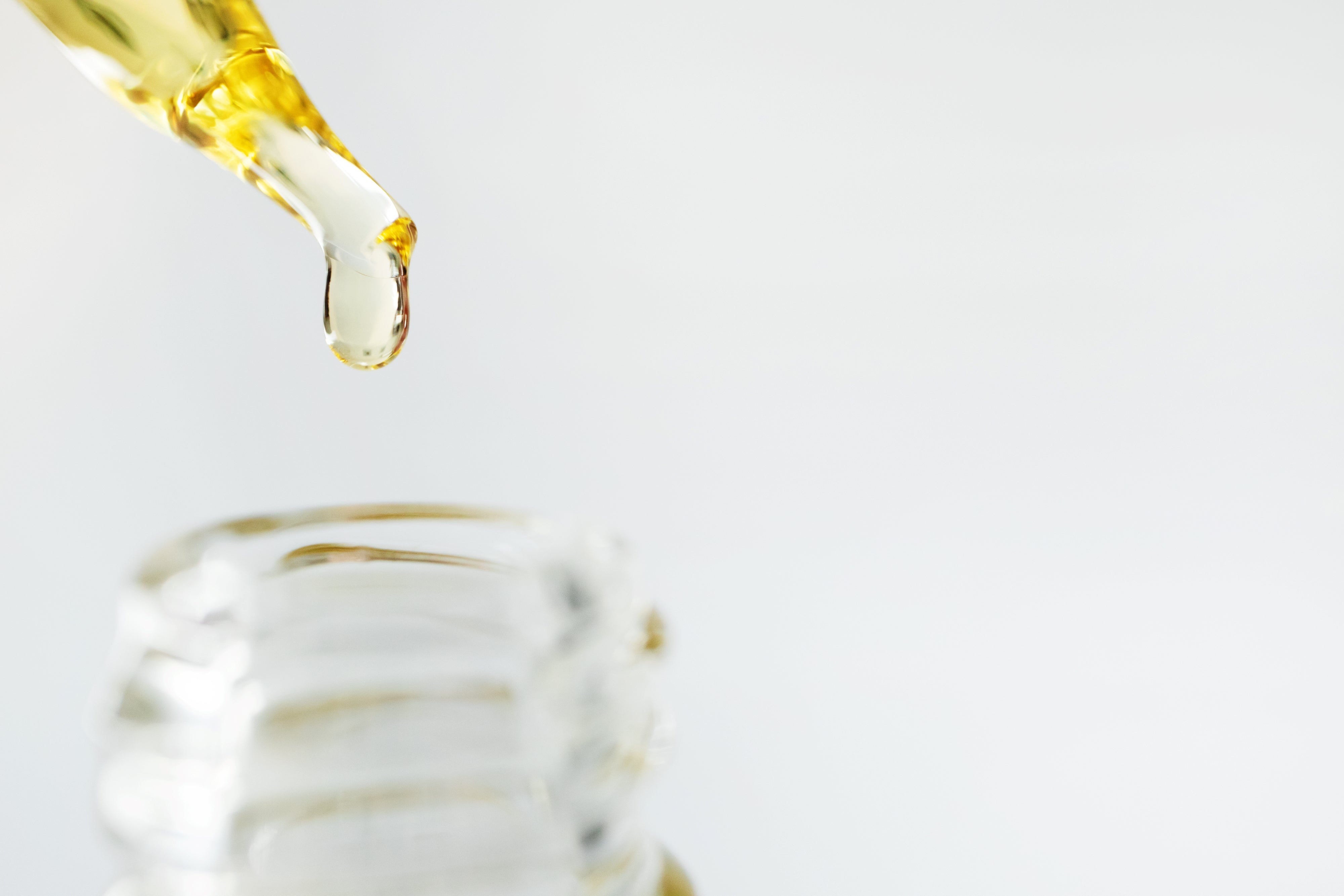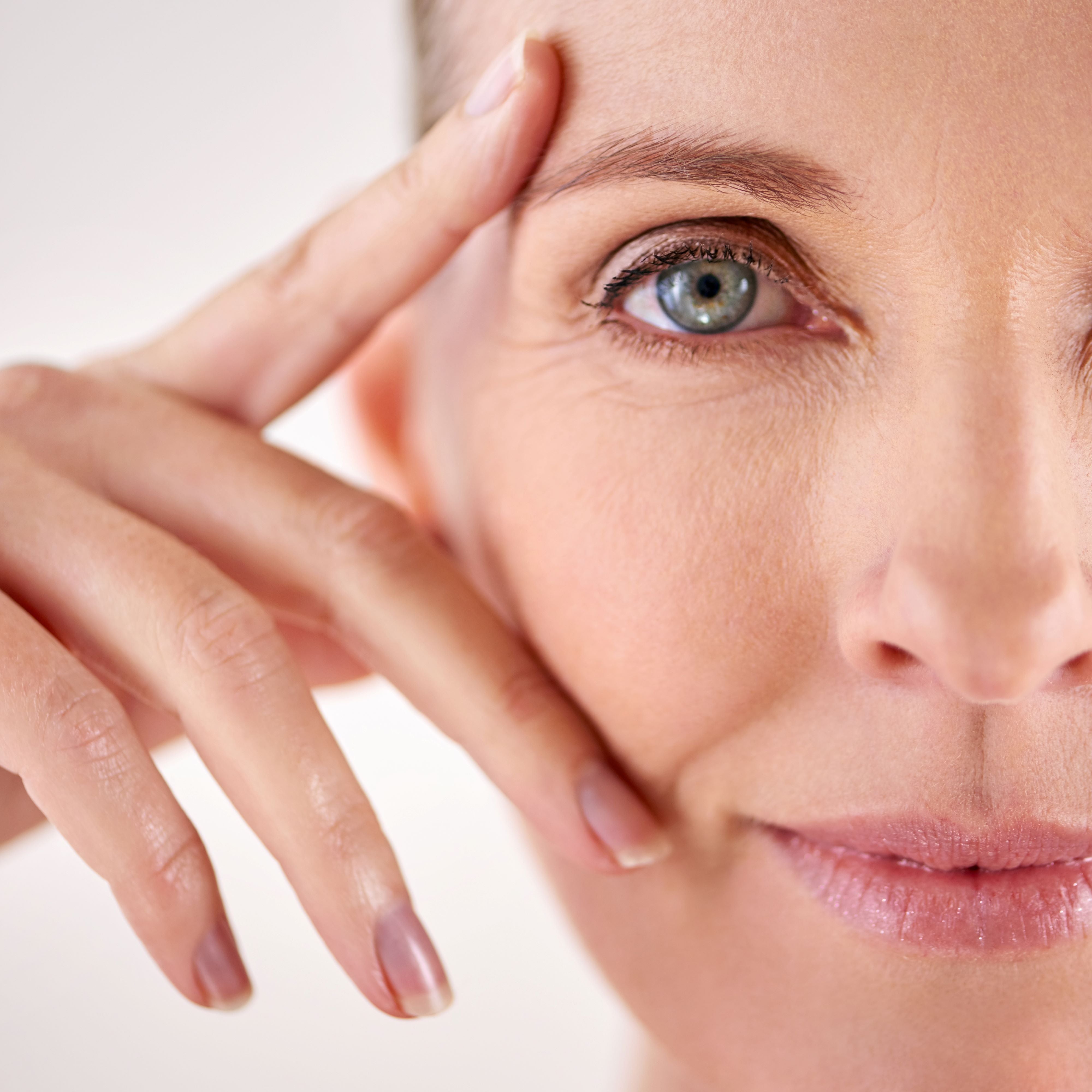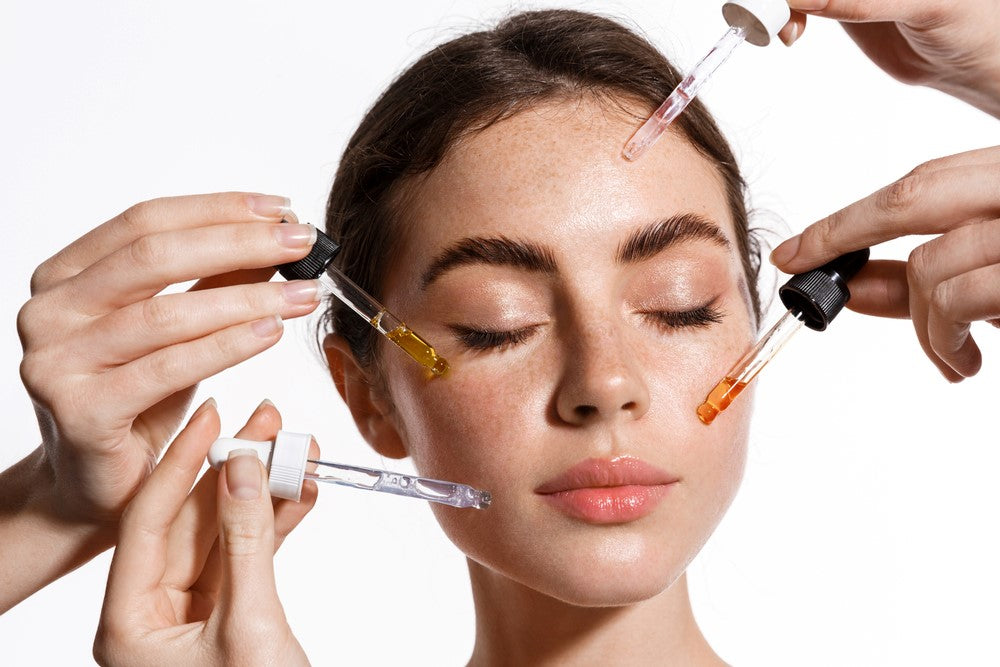In a world where youthful appearance and longevity are highly valued, the quest for effective anti-aging solutions has captivated countless individuals. From creams and serums to dietary supplements, the market is saturated with products claiming to reverse the signs of aging. However, separating the scientifically proven ingredients from the mere marketing hype can be a daunting task. In this blog post, we will explore some of the anti-aging ingredients that have stood the test of scientific scrutiny, providing you with valuable insights into what really works.
Collagen
Collagen is a protein in the body that helps the skin stay firm and wrinkle-free. It decreases as we age, so adding more of it back into the skin can help reverse the aging process. While collagen alone may not be enough to completely reverse the signs of aging, it is certainly an important part of any anti-aging regimen. Many topical creams and serums, like Brighca’s Collagen Set and Melting Collagen Film, contain collagen.
Collagen is often referred to as the "glue" that holds our body together because it provides strength, support, and elasticity to connective tissues such as skin, tendons, ligaments, bones, and cartilage. It forms a scaffold-like structure, giving tissues their shape and helping them withstand stretching and stress.
There are different types of collagen, each with specific functions and locations within the body. The most common types of collagen found in humans are Type I, Type II, and Type III collagen.
- Type I Collagen: This type of collagen is the most abundant and provides structure to the skin, bones, tendons, and organs. It contributes to the strength and elasticity of these tissues.
- Type II Collagen: Type II collagen is mainly found in cartilage, which cushions and supports joints, providing flexibility and shock absorption.
- Type III Collagen: Type III collagen is often found alongside Type I collagen and provides structural support to organs, muscles, and blood vessels.
Collagen production naturally declines with age, leading to signs of aging such as wrinkles, sagging skin, and joint stiffness. Environmental factors like sun exposure, smoking, and poor nutrition can also contribute to collagen breakdown.
Due to its importance in maintaining healthy and youthful-looking skin and supporting joint health, collagen has gained significant attention in the beauty and wellness industries. Many collagen supplements, creams, and treatments are available to help boost collagen levels and improve skin elasticity and joint function.
It's important to note that while collagen supplementation and topical products may provide some benefits, the body's ability to absorb and utilize externally supplied collagen is still a subject of ongoing research. However, maintaining a healthy lifestyle, eating a balanced diet rich in nutrients, and protecting your skin from excessive sun exposure can all support natural collagen production and overall skin health.
Vitamin C
Vitamin C is one of the most clinically confirmed anti-aging ingredients accessible. It is well known for having potent antioxidant qualities that can guard against free radical harm and delay the onset of aging in cells.
Vitamin C can aid in evening out skin tone, increase skin suppleness and elasticity, and lessen lines. Additionally, it can increase collagen formation, lessen the look of dark blotches, and enhance skin health in general. It can aid in boosting immunity, coronary disease prevention, and inflammatory reduction. Many face care items contain vitamin C, including serums, moisturizers, and treatments.
- Collagen Synthesis: Vitamin C plays a crucial role in collagen synthesis, helping to maintain skin elasticity and reduce the appearance of wrinkles.
- Brightening and Even Skin Tone: This ingredient can help fade dark spots and hyperpigmentation, giving the skin a brighter and more even complexion.
- Protection against Environmental Damage: Vitamin C provides antioxidant protection, neutralizing free radicals generated by sun exposure and environmental pollutants.
- Skin Repair and Healing: Vitamin C aids in the repair and regeneration of damaged skin cells, promoting faster healing and a more youthful appearance.
Hyaluronic Acid
Hyaluronic acid is a naturally occurring substance in the body that plays a crucial role in maintaining skin hydration and plumpness. As we age, the production of hyaluronic acid diminishes, leading to dryness, fine lines, and sagging skin. By topically applying hyaluronic acid, you can replenish the skin's moisture levels, restore elasticity, and create a more youthful appearance. This ingredient acts as a humectant, attracting and retaining water in the skin, resulting in a smoother and firmer complexion.
Here's why it's an effective anti-aging ingredient:
- Deep Hydration: Hyaluronic acid can hold up to 1,000 times its weight in water, providing intense hydration and reducing the appearance of fine lines and wrinkles.
- Improved Skin Texture: By restoring moisture balance, hyaluronic acid can improve skin texture and promote a smoother complexion.
- Enhanced Skin Elasticity: Hyaluronic acid helps improve skin elasticity, making it appear firmer and more supple.
- Skin Healing and Soothing: This ingredient has soothing properties and can help calm and repair the skin's barrier function.
Retinol
Retinol is one of the most scientifically proven anti-aging ingredients today. It is a derivative of Vitamin A, and has been used in cosmetics and skin care products for decades. Retinol boosts collagen production, reduces wrinkles, reduces age spots, and even out skin tone. It is also an antioxidant, meaning it can help protect your skin from environmental damage.
In addition to these benefits, Retinol can also help reduce the appearance of fine lines and wrinkles. It can even help reduce the appearance of dark circles and puffiness under the eyes.
While retinol is a popular ingredient in skincare products known for its potential benefits, it's important to be aware of the potential risks and precautions associated with its use.
-
Skin Sensitivity: Retinol can cause skin sensitivity, especially when used in high concentrations or by individuals with sensitive skin. It may lead to redness, irritation, dryness, and flaking. It's advisable to start with a lower concentration and gradually increase usage to allow your skin to acclimate.
-
Sun Sensitivity: Retinol can make your skin more sensitive to the sun's rays. It is crucial to use sunscreen with a high SPF during the day and avoid excessive sun exposure. Failure to protect your skin adequately can lead to increased sun damage, including sunburns and hyperpigmentation.
-
Pregnancy and Breastfeeding: Pregnant women and those who are breastfeeding should exercise caution when using retinol. High doses of retinol or other forms of vitamin A derivatives (such as isotretinoin) have been associated with an increased risk of birth defects. It is advisable to consult with a healthcare professional before using retinol during pregnancy or breastfeeding.
-
Interaction with Other Skincare Products: Retinol may interact with other skincare ingredients, such as exfoliants or harsh cleansers, leading to increased skin sensitivity or irritation. It's essential to follow product instructions and avoid combining retinol with other potentially irritating products unless recommended by a dermatologist.
-
Dryness and Peeling: Retinol can cause dryness and peeling, particularly when starting or increasing its use. This is a normal reaction, known as the retinization process, as retinol encourages skin cell turnover. However, if excessive dryness or prolonged peeling occurs, it's advisable to reduce the frequency of use or seek guidance from a skincare professional.
-
Eye and Mucous Membrane Irritation: Retinol should be kept away from the eyes and mucous membranes, as it can cause irritation and discomfort. Take care when applying retinol-based products to avoid contact with these sensitive areas.
Peptides
Peptides are short chains of amino acids that serve as building blocks for proteins in the body. In recent years, they have gained recognition for their anti-aging properties. Peptides can help stimulate collagen production, promote skin repair, and improve skin elasticity. Some peptides, such as palmitoyl pentapeptide-4 (Matrixyl), have been shown to have a significant impact on reducing the appearance of wrinkles and fine lines. Including products containing peptides in your skincare routine can support the skin's natural rejuvenation processes.
- Collagen and Elastin Production: Peptides stimulate collagen and elastin synthesis, promoting skin firmness and elasticity.
- Reduce Wrinkles and Fine Lines: Studies have shown that peptides can visibly reduce the appearance of wrinkles and fine lines, improving overall skin texture.
- Hydration and Moisture Retention: Certain peptides have hydrating properties and help the skin retain moisture, leading to plumper and more supple skin.
- Skin Barrier Repair: Peptides can strengthen the skin barrier, improving its ability to protect against environmental stressors and prevent moisture loss.
When it comes to choosing anti-aging ingredients, it's essential to rely on scientific evidence rather than marketing claims. The ingredients mentioned above—retinol, vitamin C, peptides, hyaluronic acid, and niacinamide—have been extensively researched and proven effective in combating the signs of aging. Incorporating products containing these ingredients into your skincare routine can help you achieve a more youthful and radiant complexion. Remember, consistency and patience are key when it comes to anti-aging skincare, so stick with your regimen to reap the benefits over time.



